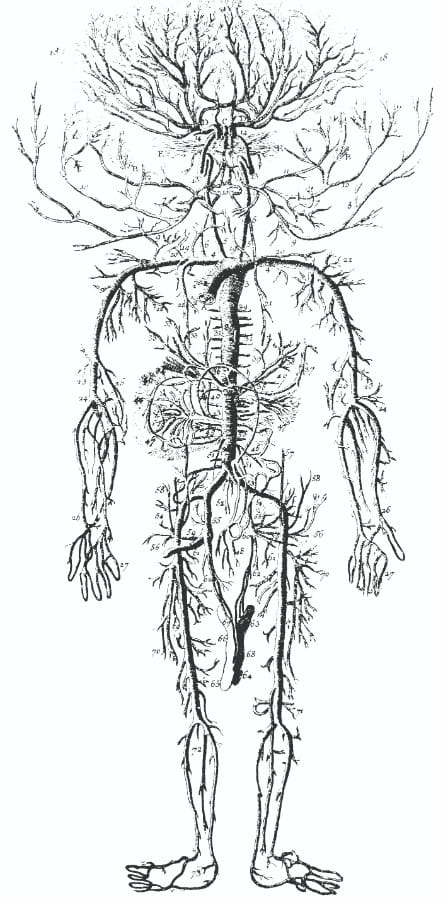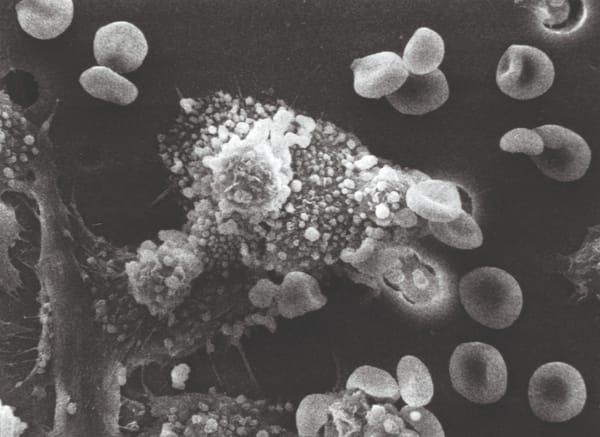Connect with conservation – Imperilled Pangolins
Resident conservationist Steve Allain introduces us to the endangered pangolin.

The group of the most trafficked animal is one that you may not have even heard of, the pangolin. There are eight extant species of pangolin found across the Old World in Africa and south-east Asia; they relatively unassuming animals, they are also known as scaly anteaters due to the fact that they are covered in hard scales and predate on ants and termites. Pangolins essentially fill the same niche as the anteaters of the New World, but due to their unique scales' they are the most hunted and trafficked animal on the face of the planet. Their defence mechanism, when faced with a threat, is to curl up into a ball and to let their scales do all the work. But while this is great if the adversary is a big cat, it makes it easier for poachers to round them up in the millions. They are predominantly nocturnal and elusive animals with poor eyesight, making their capture that much easier as new methods for their detention are developed.
“Their defence mechanism – curling up in a ball – makes it easy for poachers to catch them”
Their scales are used in traditional Chinese medicine and, once dried, it is believed they can be used to alleviate a number of symptoms. The scales are made of keratin – the same material as our hair and nails – but there is no scientific evidence that there is any benefit of their use. As a result of the high demand of pangolin scales, they can sell on the black market for over $3,000 a kilogram. They are also traded for their meat, which is a delicacy in some cultures. To supply a growing market in Asia, it is estimated that up to 100,000 pangolins are captured every year from across Africa and Asia, with most being shipped and sold in China and Vietnam.
In 2016, all eight species of pangolin were given CITES Appendix I listing – the highest level of international legal protection – to help combat the illegal trade of the animals. However, these measure may have come a little too late for the four Asian species which have unfortunately been decimated by illegal poaching. Part of the problem stems from the fact that pangolins breed slowly meaning the population takes time to recover. This international protection may be a step forward in the right direction, but as with all illegal trade (such as that in ivory and rhino horns), criminal organisations always find ways around the legislation. It has become increasingly clear that as the Asian species have declined, their African counterparts are now being targeted more heavily. Enforcement of the legislation and cooperation from all parties is needed if we are going to work together to prevent the extinction of one of the most unusual groups of mammals.







